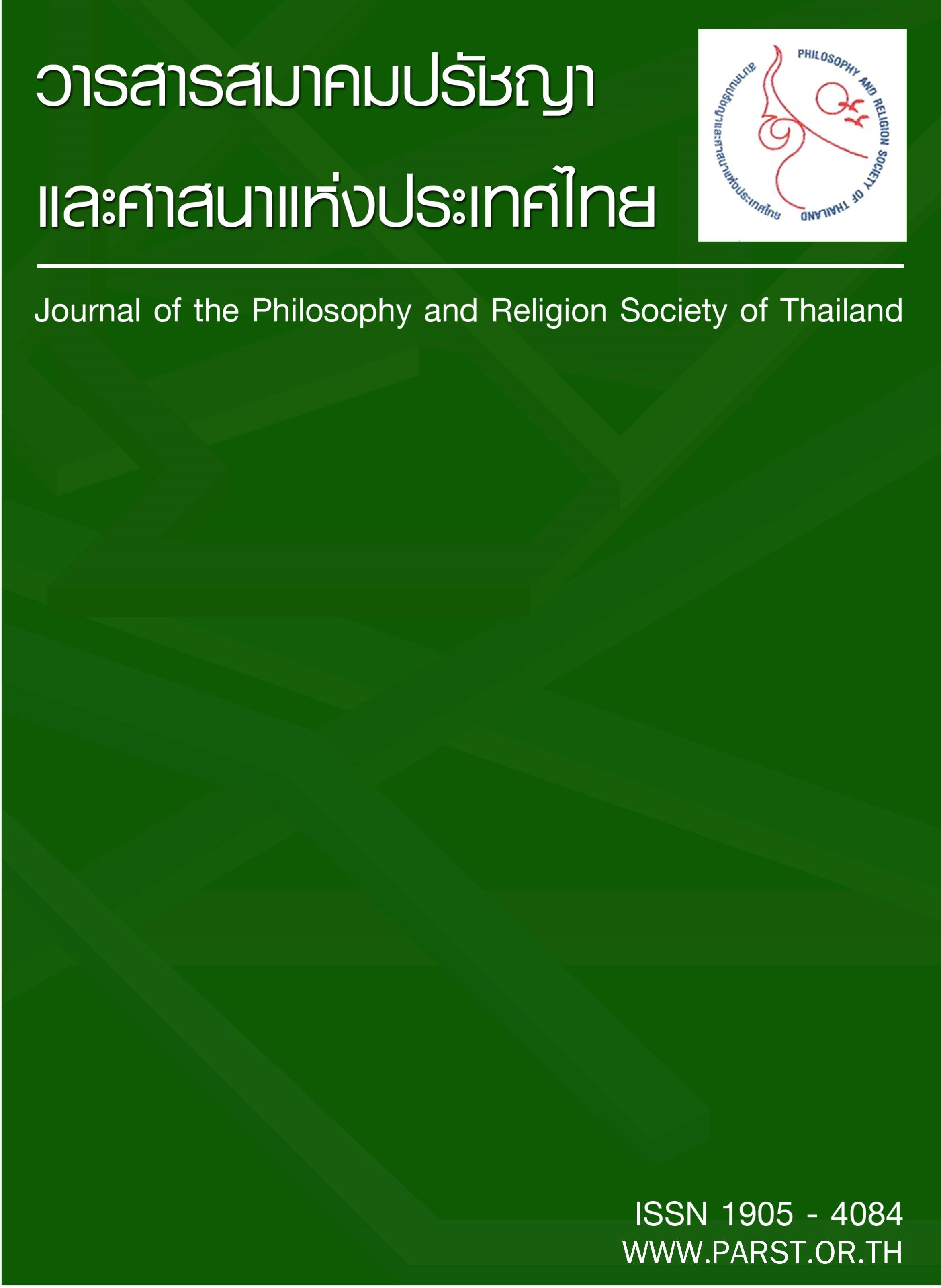Buddhism, Chinese Funeral Rites, and Theravada Tradition in Malaysia
Main Article Content
Abstract
In Malaysian Buddhist tradition, when a person dies, funeral rites are performed to ensure the well-being of the deceased. These are not actually Buddhist practices and there is no efficacy in meaningless and wasteful rites founded not on moral or ethical values but instead on Mixin (superstitious). The Buddhist attitude towards ritual can be seen from its reference to silabbata-paramasa (“clinging to rules and rites”), an expression used to signify an attitude of over-dependence on ritual based on mere superstitions through ignorance and fear. Out of ignorance and fear, rituals are designed specifically for the benefit of the soul of the deceased to help the deceased achieve liberation from misery of death. Such a deeply rooted belief that only through such rituals can help the deceased achieve liberation from misery of death undermines the central Theravāda Buddhist doctrines of kamma. In Buddhism there is no soul as it holds the anatman view. The Theravāda answer that merits accrued in lifetime is of a direct consequence to the well-being of the deceased is based on its doctrine of four-fold kamma, explicitly stated in AbhidhammatthaSaṅgaha. Therefore, a proper Buddhist funeral is performed as an outward expression of respect and gratitude for the deceased. In Buddhism the concepts of non-self and kamma are that upon death what is left is only matter and how the remains are treated is of no direct consequence to the well-being of the deceased.
Article Details
Articles published in the journal are licensed under the CC Attribution-NonCommercial 4.0 format. Articles can be freely reused or republished provided that they are reused or republished or republished for non-commercial purposes, and that proper credit must be given to the author and the journal.


